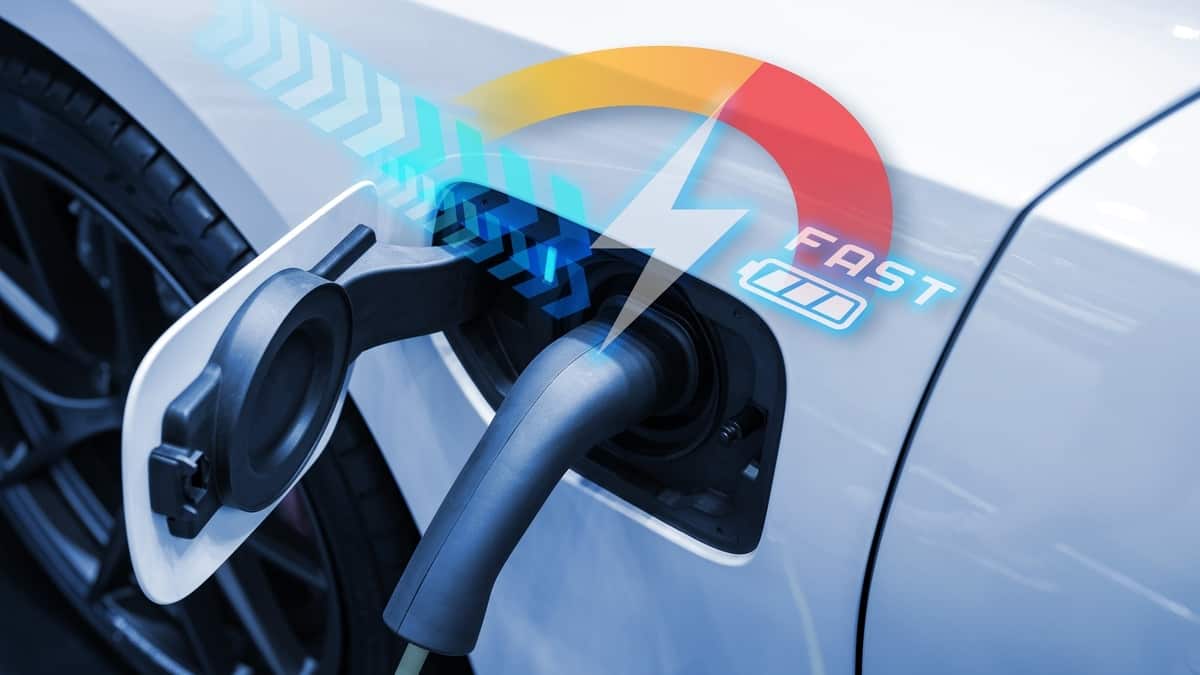Electric automakers with domestic production in Europe can produce and sell small models for €25,000 under the B-segment without compromising profitability, Transport & Environment’s (T&E) study claims.
Affordability issue
The high costs of electric vehicles have long been one of the top barriers that impede the industry from growing to its fullest potential.
Customers refuse to pay premium prices to replace traditional internal combustion engine-powered vehicles. Meanwhile, price-conscious buyers would naturally prefer more affordable non-EV models in their first purchase.
However, reducing EV prices is also not as simple as it sounds. Automakers worry that their business might get hurt if they impose significant price cuts on their current large and expensive offerings.
Now, the T&E’s study suggests that European automakers can generate a 4% profit margin on locally-produced small BEV models in 2025.
Game changer
T&E strongly believes that affordable small EV models could be a “game changer” for the wider adoption of e-mobility.
It will also be a crucial move for local brands to compete with the growing number of Chinese automakers with their mass-market models in the region.
It would also cut battery prices to $100/kWh, aligning with BloombergNEF and other experts’ predictions.
T&E’s research considered other direct cost cuts and mark-ups, CleanTechnica noted. According to the report, the small model would feature a battery pack with 40 kWh capacity and a driving range of 250-300 km.
“Survey after survey has shown prices are one of the biggest barriers to drivers going electric. The €25k small BEV will be a game changer for public adoption of electric cars. Bringing those models to market quickly and in volumes is crucial for European manufacturers to compete with Chinese rivals which are already offering cheap, small electric cars here.”
Julia Poliscanova, T&E’s senior director for vehicles and e-mobility supply chains
Challenges
The report noted that the six leading European brands, including Mercedes-Benz, BMW, Stellantis, Volvo, Volkswagen, and Renault, have already “abandoned small cars in pursuit of profits that have grown far faster than inflation.”
Interestingly, these automakers’ net profit surged to €510-€8,940 in 2022 from just -€40-€1,920 in 2019. This net profit growth is largely due to their focus on larger and premium e-SUVs, holding 53% of Europe’s overall vehicle sales.
For reference, e-SUVs contributed 51% of the electric vehicle sales in the region in 2022.
All that said, T&E calls for the government to take necessary steps to encourage automakers to prioritize small EVs over larger SUVs.
“More car buyers will go electric if small affordable BEVs are available. But right now carmakers are happy to cream the profits off large SUVs which are too expensive for many low-income households. Lawmakers need to step in with efficiency standards, taxes, reform of subsidies and other measures that tip the balance in favour of small, affordable electric cars and ordinary people.”
Julia Poliscanova, T&E’s senior director for vehicles and e-mobility supply chains
See Also:
- Stellantis introduces battery system that may pave the way for smaller and cheaper EV models
- Auto Supplier: China’s small EVs enjoy €10,000 cost advantage over European cars
- Electric cars getting more affordable in Australia, study reveals
- Volvo previews its upcoming small SUV named EX30
- Hyundai signs deal with Vitesco for electric drive units for smaller cars
Affordable small EVs would significantly accelerate the shift to clean mobility in Europe. It can attract more buyers to replace their old ICE cars for a more sustainable and cost-effective alternative. Given the technology’s innovative features and energy efficiency, it can also urge new buyers to consider EVs.

